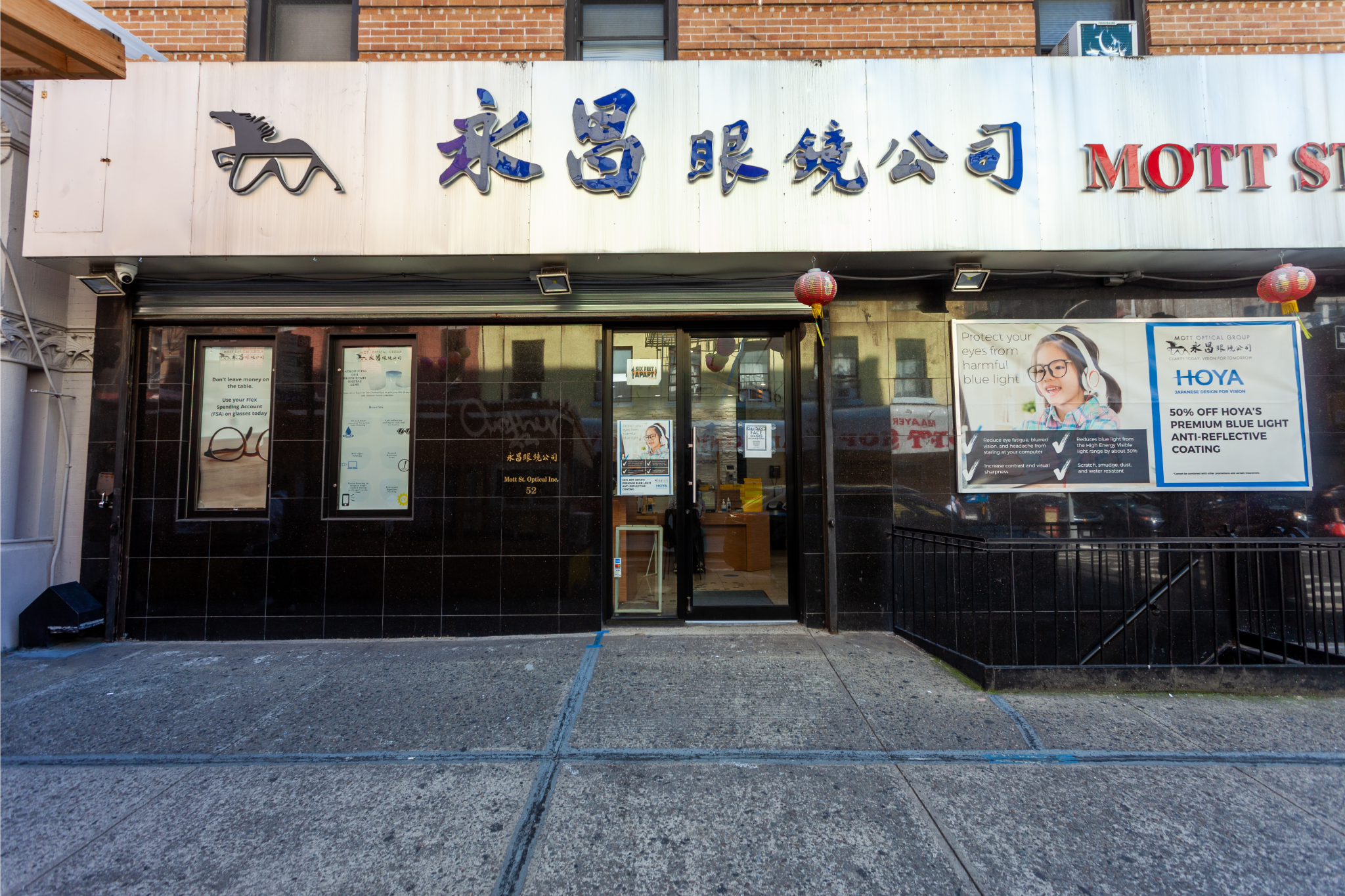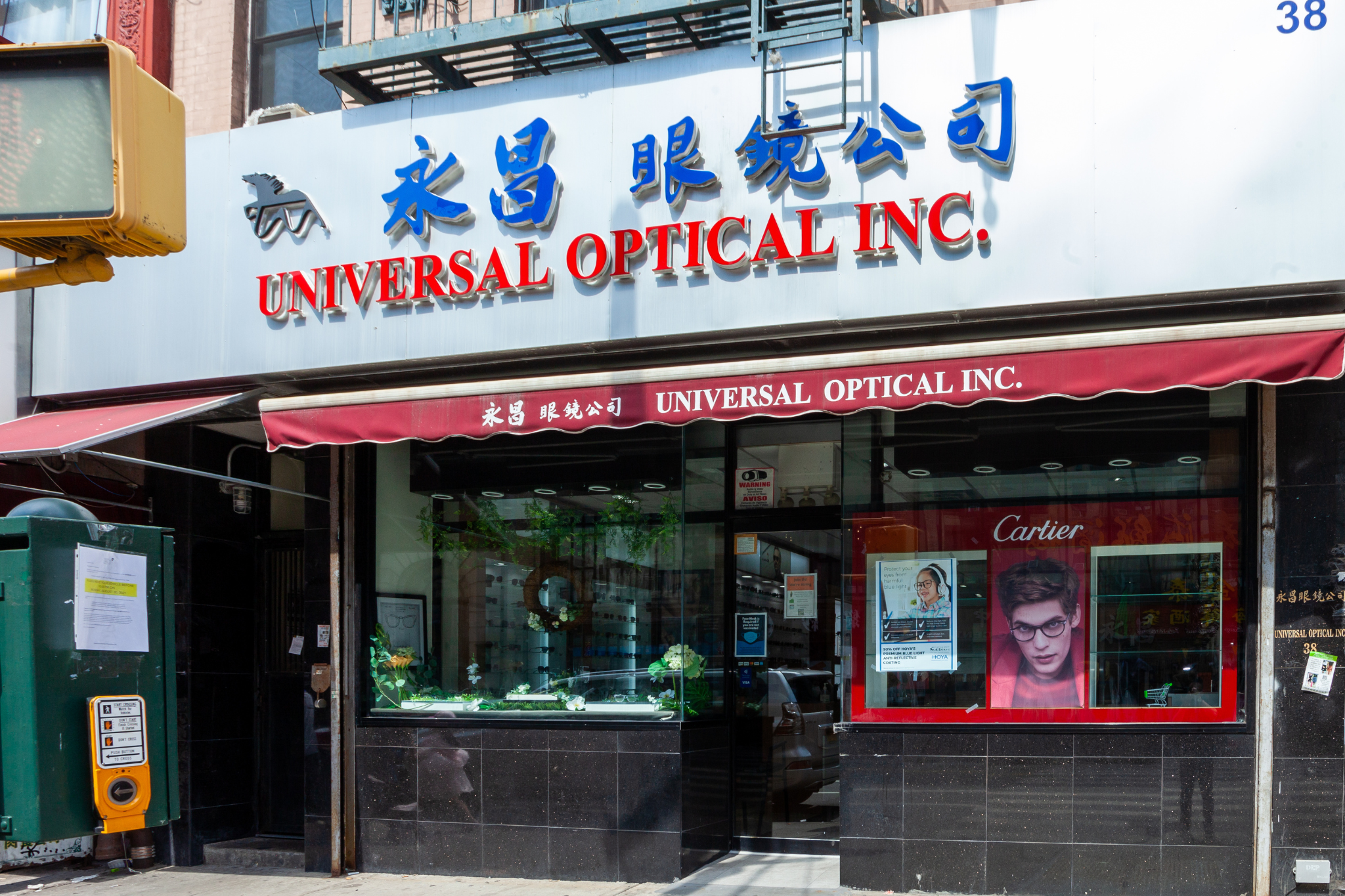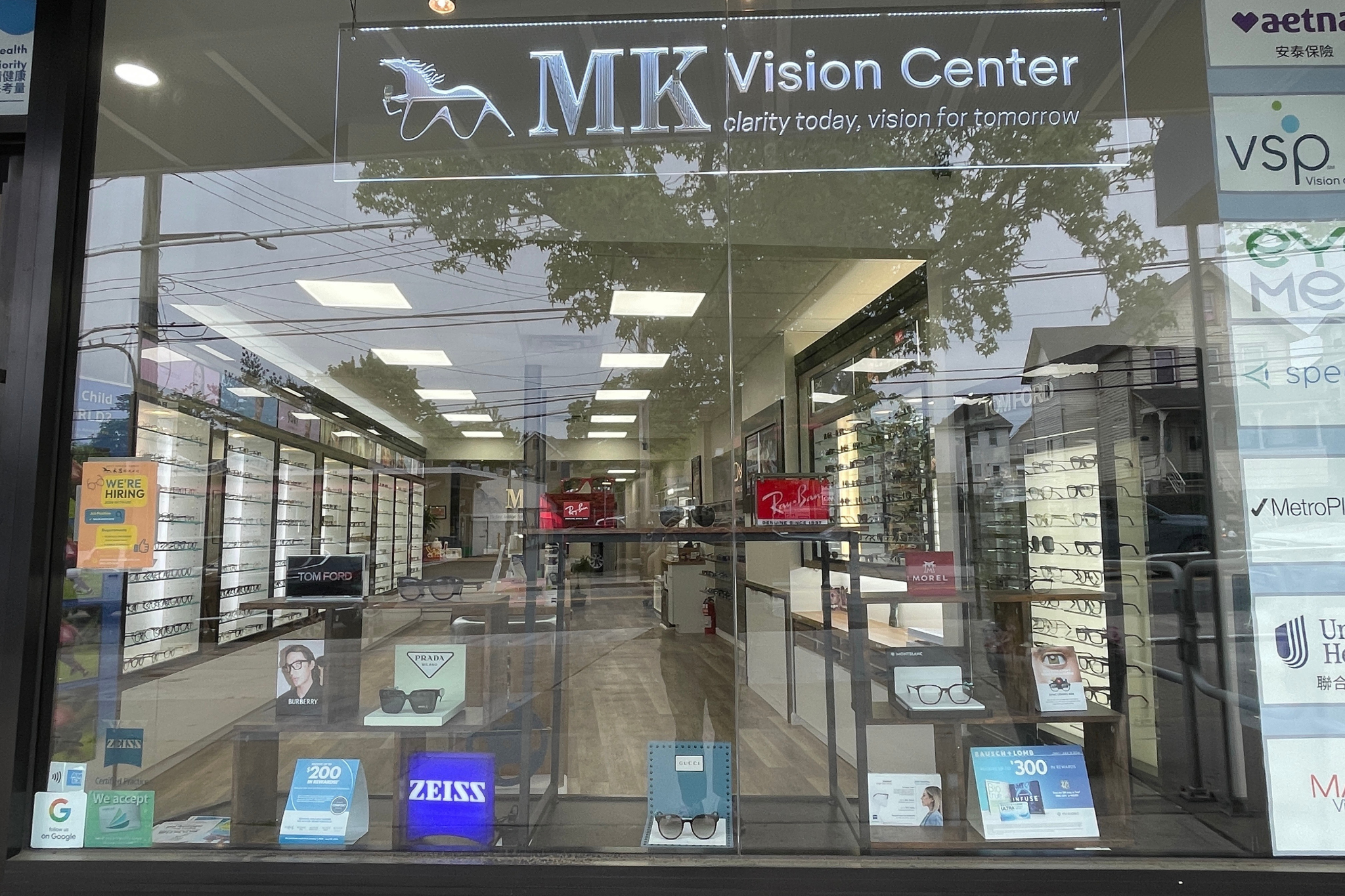Seasonal Allergies and how your Optometrist can help

Understanding and Managing Seasonal Allergies Affecting Your Eyes and How your Optometrist can help
1. What are Seasonal Allergies?
Seasonal allergies, also known as hay fever or allergic rhinitis, occur when your immune system reacts to allergens in the environment. These allergens can include pollen, mold spores, dust mites, and pet dander. When these allergens come into contact with your eyes, they can trigger uncomfortable symptoms.
2. Symptoms of Seasonal Allergies in the Eyes
- Itchy, watery eyes
- Redness and inflammation
- Swelling around the eyes
- Burning or stinging sensation
- Sensitivity to light

3. At-Home Care for Eye Allergies
While seasonal allergies can be bothersome, there are steps you can take at home to alleviate your symptoms:
- Avoid Allergens: Try to limit your exposure to allergens by keeping windows closed during high pollen seasons, using air purifiers indoors, and washing your hands and face frequently.
- Cold Compresses: Applying a cold compress to your eyes can help reduce itching and swelling. Simply soak a clean cloth in cold water, wring out excess water, and place it over your closed eyes for a few minutes.
- Over-the-Counter Eye Drops: Non-prescription antihistamine eye drops can provide relief from itching and redness. Look for products specifically formulated for eye allergies.
- Avoid Rubbing Your Eyes: While it may be tempting, rubbing your eyes can exacerbate symptoms and lead to further irritation. Try to resist the urge to rub and instead use eye drops or a cold compress.

4. When to See Your Optometrist
If your symptoms persist despite home care measures, it's important to schedule an appointment with your optometrist. As an optometrist, I can offer additional treatments to help manage your eye allergies:
- Prescription Eye Drops: If over-the-counter options aren't providing sufficient relief, your optometrist can prescribe stronger antihistamine or mast cell stabilizer eye drops to alleviate your symptoms.
- Steroid Eye Drops: In cases of severe inflammation, steroid eye drops may be necessary to reduce swelling and irritation. These will be prescribed under careful supervision to minimize side effects.
- Allergy Testing: For persistent or severe allergies, allergy testing may be recommended to identify specific triggers. Once identified, we can develop a personalized treatment plan to minimize your exposure to allergens.
5. Contact Us for Relief
If you're experiencing symptoms of seasonal allergies affecting your eyes, don't suffer in silence. Contact our office at 851-750-6688 or email us at Mott@mottoptical.com to schedule an appointment. Our knowledgeable staff, including Raymond or Susan, is here to assist you and provide the relief you need.
---
This patient education sheet aims to provide a concise overview of seasonal allergies affecting the eyes, along with practical tips for at-home care and information on the treatments available from Albert Law, OD, and his team at Mott Optical in New York City.



















Leave a comment